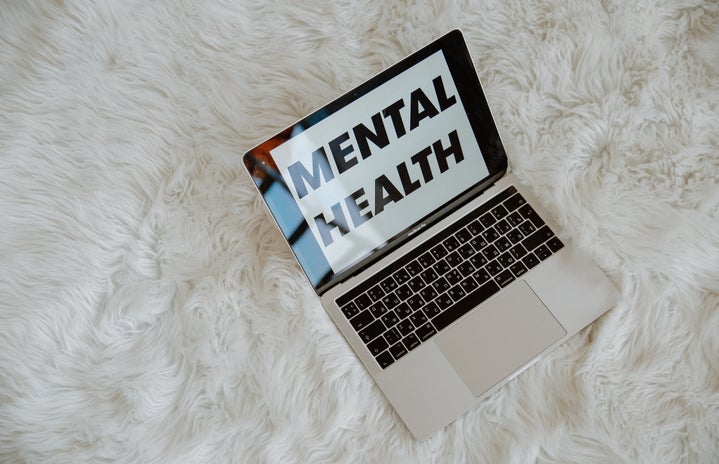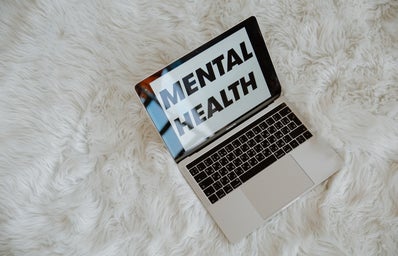As we begin to enter the middle of the month, things can start to become stressful with midterms, your organizations’ events, work, etc. so it’s very important to remember: your mental health always is your main priority. Maintaining a healthy mental state is easier said than done which is why most college students tend to overlook this aspect of self-maintenance. Whether you are in college, high school, in the workforce, or military, you should try to find a balance between taking care of your own mental and emotional health and other outside factors such as your social life, work, etc. However, at some point, our fights with our mental health can win and take serious tolls on our minds and body. Don’t beat yourself up if you thought you allowed your “demons” to win; hardships are essential for our self-growth so see any mental hardships as a challenge that you can and will overcome. You are not alone.
Personally, I have experienced a multitude of mental hardships but occasionally discuss it with others in hopes that if I do not speak about it, I will not think about the stressful impact it carries – “out of sight, out of mind”. However, the longer you allow the anxiety of you spiraling out of control to suffocate you, the longer you will miss opportunities to receive the help that you may need. At Georgia Southern, there is a resource for mental health maintenance called the Counseling Center. Yes, it may sound cliche; you sit in a waiting room to be seen by a therapist that stereotypically dismisses your problems then sends you back on your way leaving you helpless. In reality, there are so many other resources within the Counseling Center such as different workshops, group therapy sessions, yoga, etc. that allow everyone to speak up about their experiences. Speaking up about your experiences does not mean you have to share all of your business with others, only what you’re comfortable with and how much information you choose to disclose. It is the principle that you are among other people who feel the same as you – scared to speak and rather keep it to yourself who also may go through the same experience.
Speaking on your experiences shouldn’t feel forced so if discussing your hardships is violating your comfortability, you can start small by either writing it down in a journal as if you are writing to a trusted friend or even yourself speaking aloud. I did this often before I felt ready to talk to another person about my hardships. Whether you decide to speak with someone or continue to keep your business private, it is significant that you recognize when you should receive serious help if you or someone you know are:
-
Beginning to lose interest in doing daily, necessary activities (eating, socializing, attending class/work)
-
Indulging into addictive activities (drinking regularly, taking excessive drugs)
-
Excessive mood swings, acting impulsively
These red flags should not be ignored and if you or someone you know are experiencing these symptoms, please don’t hesitate to help. An often misleading mistake people do is to ignore those who are silently crying for help by being a “silent bystander” or undermining the situation. Taking care of yourself is equally important as taking care of each other in fatiguing times like these.



